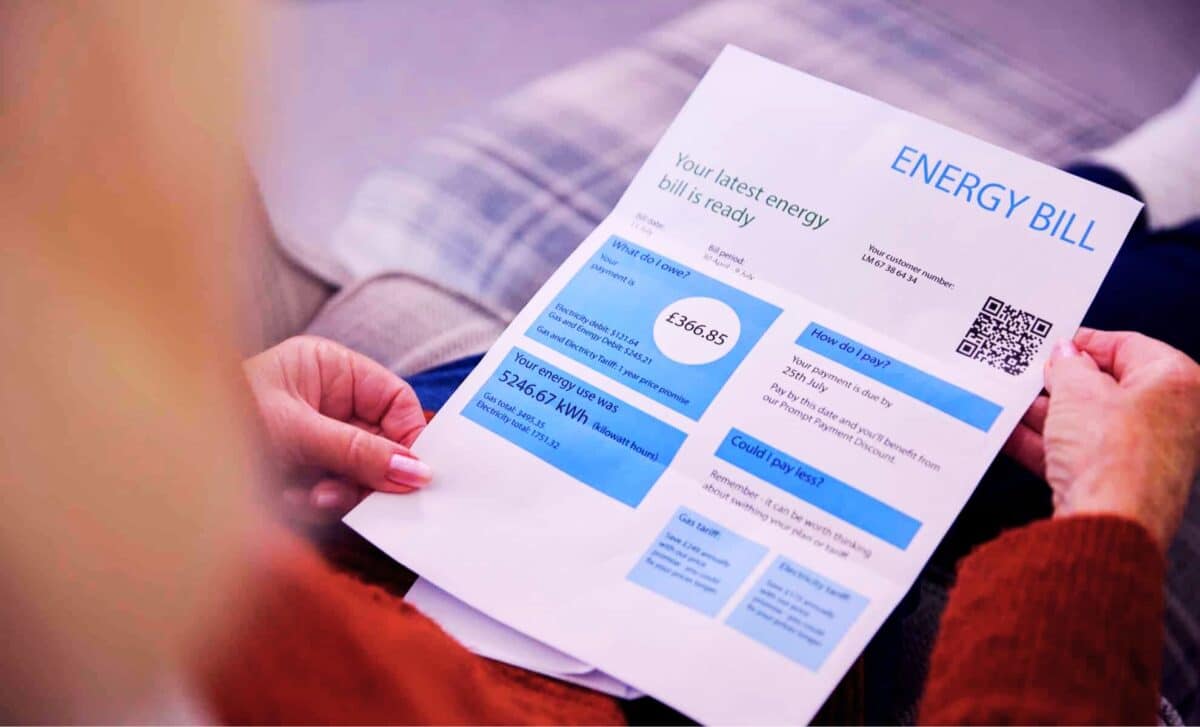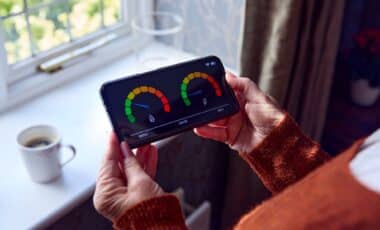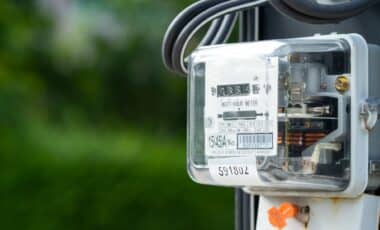Millions of UK households are bracing for higher costs this April as energy bills climb by an average of £111 per year, according to Birmingham Live. The rise follows the latest Ofgem price cap update, pushing the annual cost for a typical dual fuel household on direct debit from £1,738 to £1,849.
Monthly Budgets Hit as Energy and Utility Costs Climb
The change represents an additional £9.25 per month for many families, with price variations depending on household energy usage and region. This marks a significant new strain on consumers already adjusting to broader cost-of-living pressures.
Alice Haine, personal finance analyst at Bestinvest by Evelyn Partners, said the increase comes at a time when many had hoped the worst of the economic squeeze was over.
“For a while it seemed as though the cost-of-living crisis was behind us; inflation was easing, interest rates were coming down and the road ahead looked brighter,” she said.
“But a mixed bag of miserable macro-economic news of late has radically shifted that outlook.”
What the Price Cap Means for Households
Ofgem’s price cap doesn’t limit the total bill but instead caps the unit cost of gas and electricity, along with standing charges. This means the final bill still depends on how much energy a household consumes.
From April, standing charges—daily fees to connect to the energy grid—will rise for gas but fall for electricity, though this too will vary by region.
The price cap is designed to prevent energy companies from overcharging customers on standard variable tariffs, but it is recalculated every three months in response to wholesale energy prices and supplier costs.
Water Bills Also Set to Rise
In addition to energy hikes, households in England and Wales will see their water bills increase by an average of £86 over the coming year. The change is part of a long-term plan by Ofwat, the industry regulator, to fund a £104 billion infrastructure upgrade by 2030.
The regulator has approved a £31 annual increase from water companies, rising to a total of £157 over five years—representing a 36% increase before inflation.
Consumer groups have expressed concern over these increases, especially given ongoing criticism of under-investment and service quality in the water sector.









